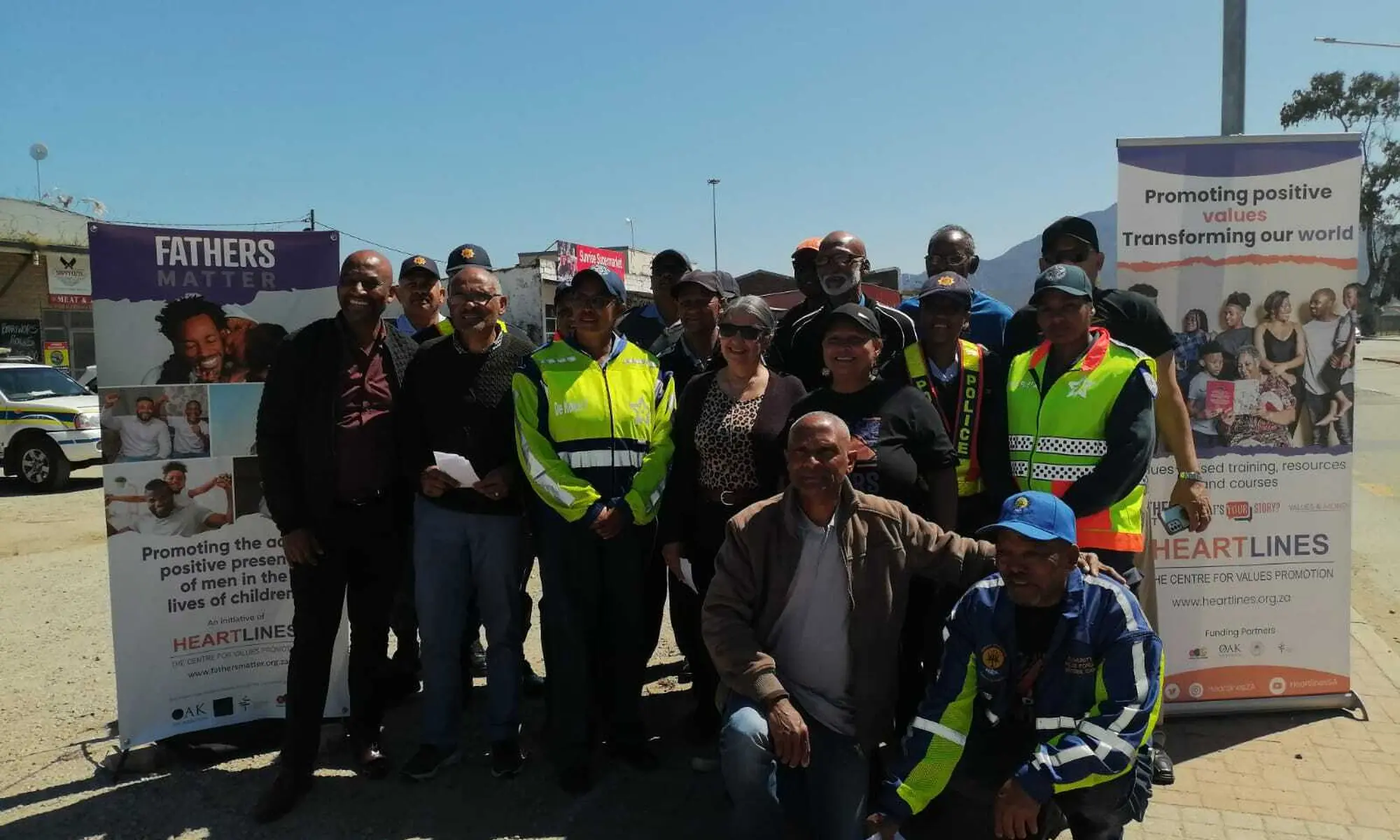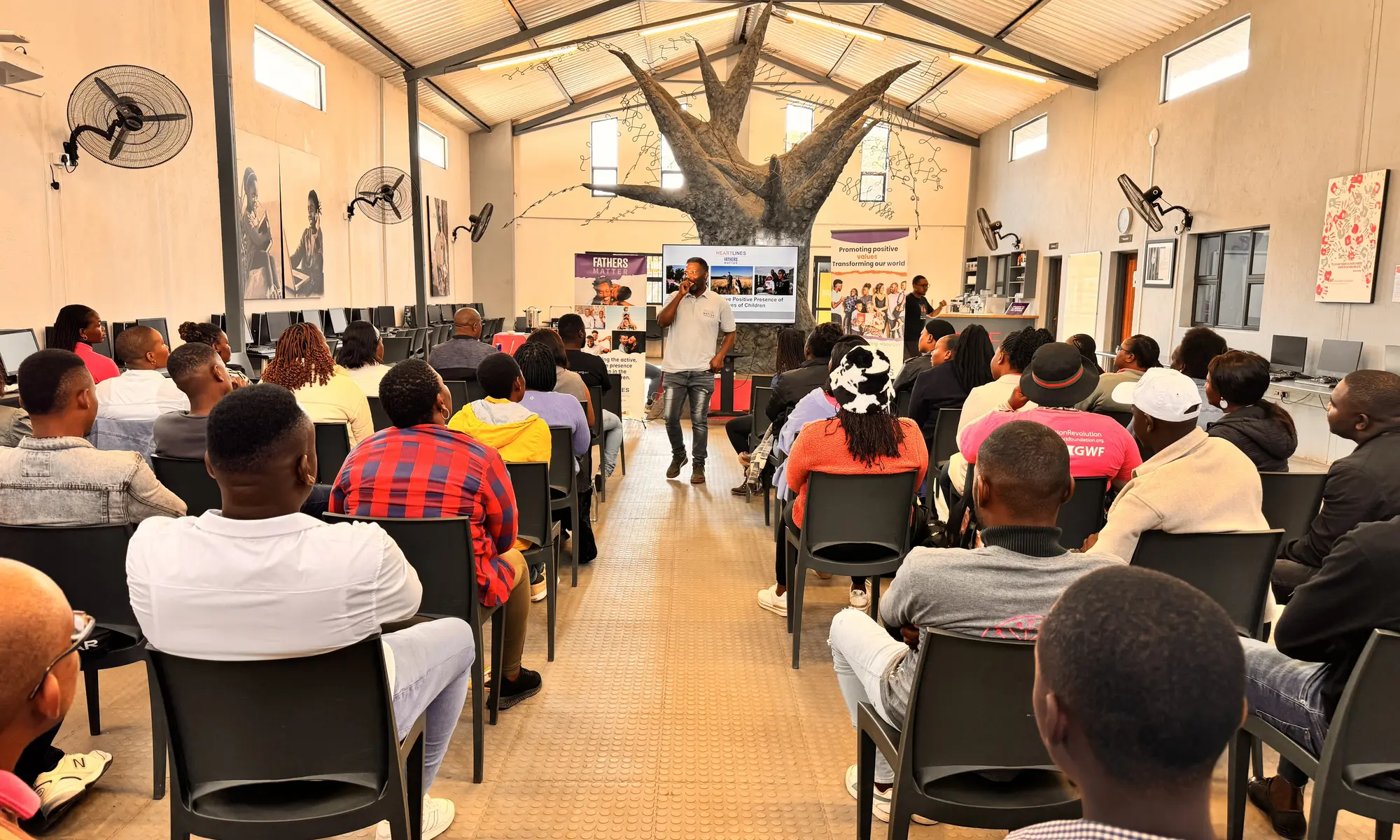Fathers Matter gets the ball rolling with athletes in Jhb
Sport , Social fathers , Youth , Working with fathers“We want players to be good sportspeople on the field and good fathers and role models off it.” – Bruce Nadin, Chaplain - Stellenbosch FC
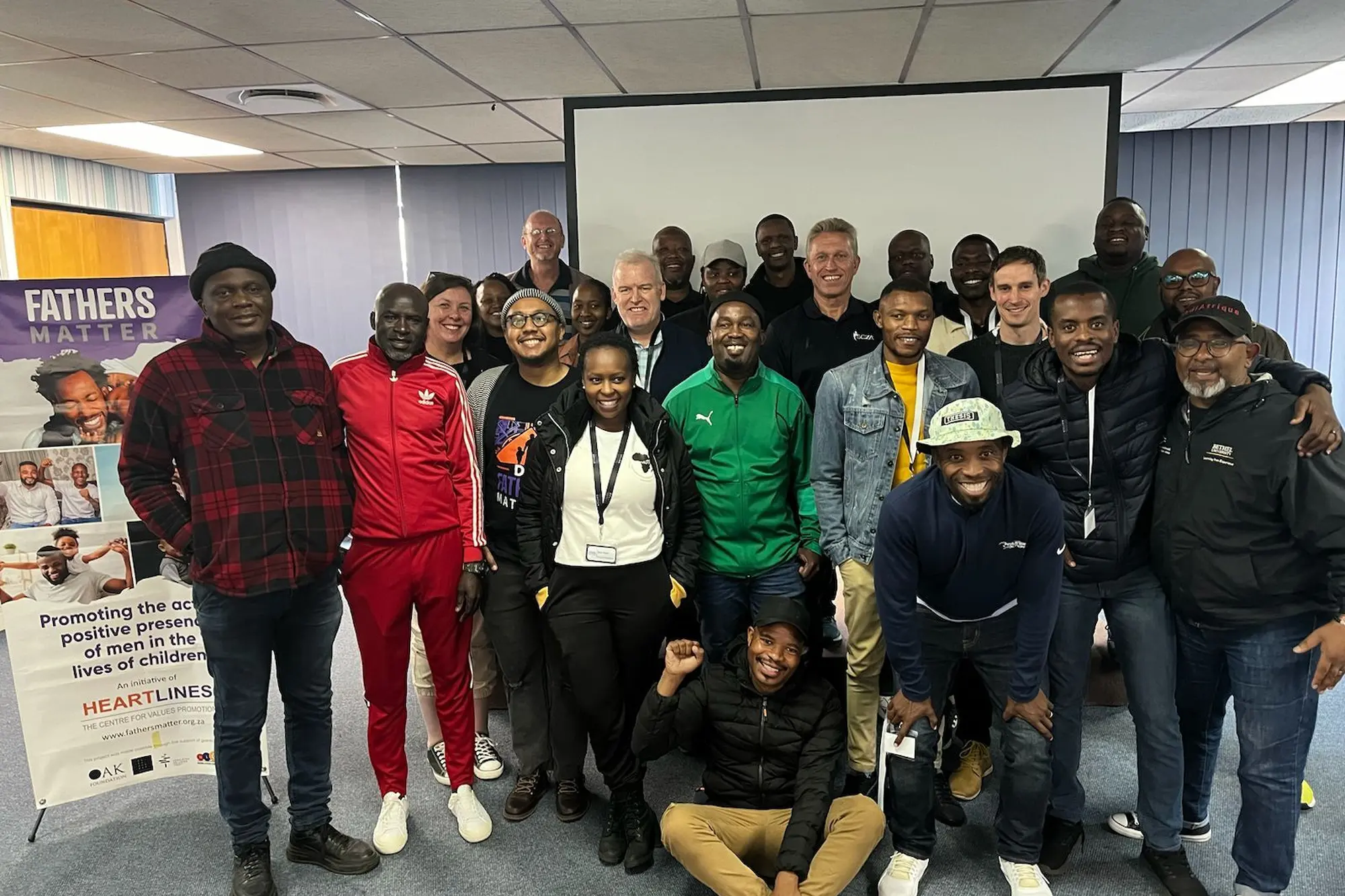
On an uncharacteristically foggy October morning, the Wits Sports Conference Centre played host to a transformative workshop. The session was opened by Nkosinathi Sixabayi, the Heartlines Fathers Matter Church Lead, and a sports coach himself, who gave a brief background on the Fathers Matter programme and why it fits so well in the sporting context.
Bruce Nadin, the chaplain of Stellenbosch Football Club (FC), then took the reins to introduce the Fathers Matter Sports Facilitators guide. An advocate for the holistic well-being of athletes, Bruce shared his experiences and insights working at Stellenbosch FC, emphasising the significant role fathers play in shaping the young soccer players’ lives, “We want players to be good sportspeople on the field and good fathers and role models off it.”
Bruce shared a video that briefly tells the story of Fathers Matter at Stellenbosch FC: “[It] doesn’t matter how many times I watch that video, it deeply moves me. You can hear their emotion as they talk about their fathers' words to them. The Fathers Matter programme gives athletes a chance to reflect on their relationships with their fathers – negative, positive, everything in between,” he shared.
Using film to start important conversations
The Fathers Matter six films are used as a tool to facilitate discussion during the programme, allowing participants to explore complex themes around fatherhood. These films acted as a springboard for conversation at Stellenbosch FC, enabling players to reflect on their own stories and experiences. Bruce emphasised, "This course offers an opportunity to think about the story you’re going to write."
Heartlines is well aware of the significant contribution to change that sharing one’s story can make. Bruce recounted how story-sharing led to an impactful moment during a session with a group of players, who were deeply moved after hearing about each other’s experiences, "They took it really seriously. They stayed silent and deeply respectful because they realised it was important to their teammates too."
Bruce views his role as a bridge for healing: "I see my job as being the bridge over which they (the players) can walk to get from pain to healing and ultimately seeking help." He encouraged facilitators to recognise their limits and be prepared to step into unfamiliar spaces.
The Stellenbosch FC story
The Stellenbosch FC story serves as a real-life example of the impact of the Fathers Matter programme. Bruce explained that because he had witnessed the players undergo such a transformational journey, he wanted to mark the end of the six-week programme with a celebration event where the participants could receive certificates of completion.
However, Bruce soon learned that even senior executives from Stellenbosch FC were moved by the programme's impact on the players. "Rob Benadie, the CEO, said, 'This has blown me away. We’ve got to do more than just present them with certificates.’” This prompted the club to throw a more formal celebration in the club’s boardroom, much to the shock of the players.
Perhaps the most obvious indicator that the programme was a success in the eyes of the players came via social media following the celebration. Bruce shared that “The next day, they [the players] cared enough about it and were proud enough to post themselves with their certificates on Instagram."
Throughout the workshop, Bruce emphasised the importance of cultivating ongoing relationships within your ecosystem to facilitate meaningful change. He also highlighted the role of sports coaches as father figures and role models, emphasising the need for structured programs like Fathers Matter to ensure that all sports practitioners provide essential guidance and support to young athletes.
The Sports Facilitator workshop explored the role of fathers and father figures in the holistic development of athletes. It underscored the importance of presence over possessions and encouraged participants to reflect on their narratives and strive for better stories. The workshop served as a reminder that showing up consistently and creating a safe space can make a significant difference in people's lives.
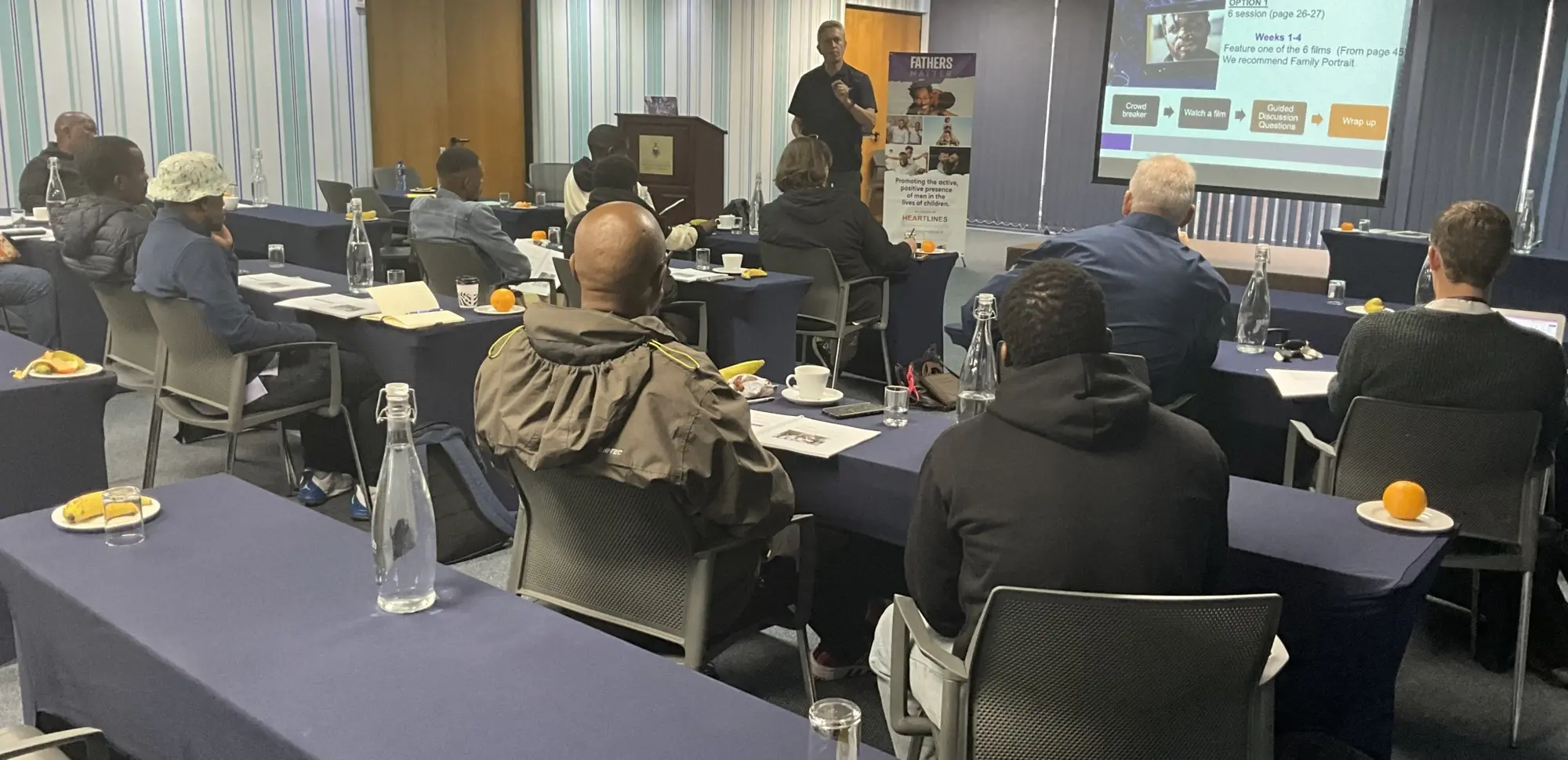
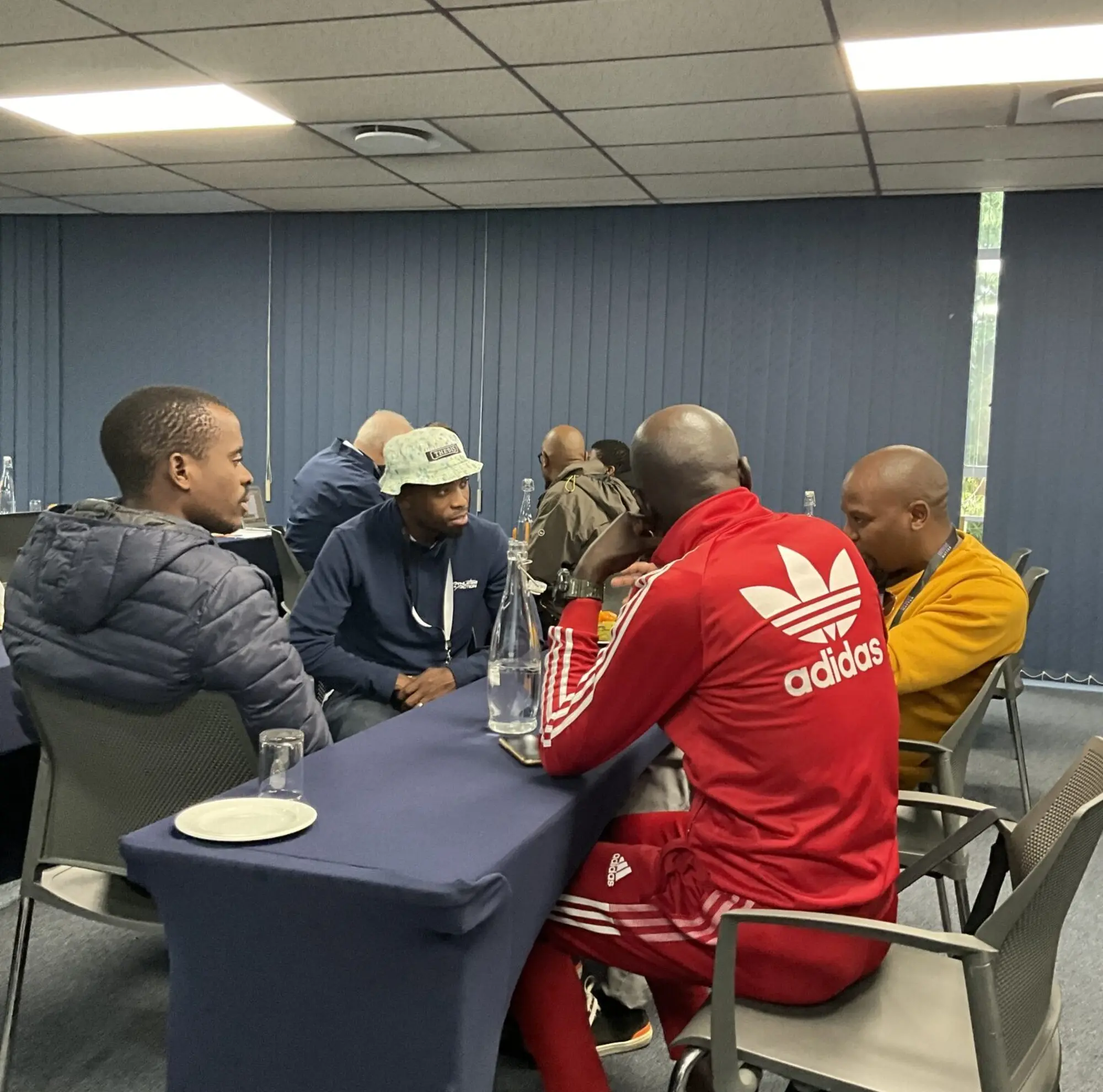
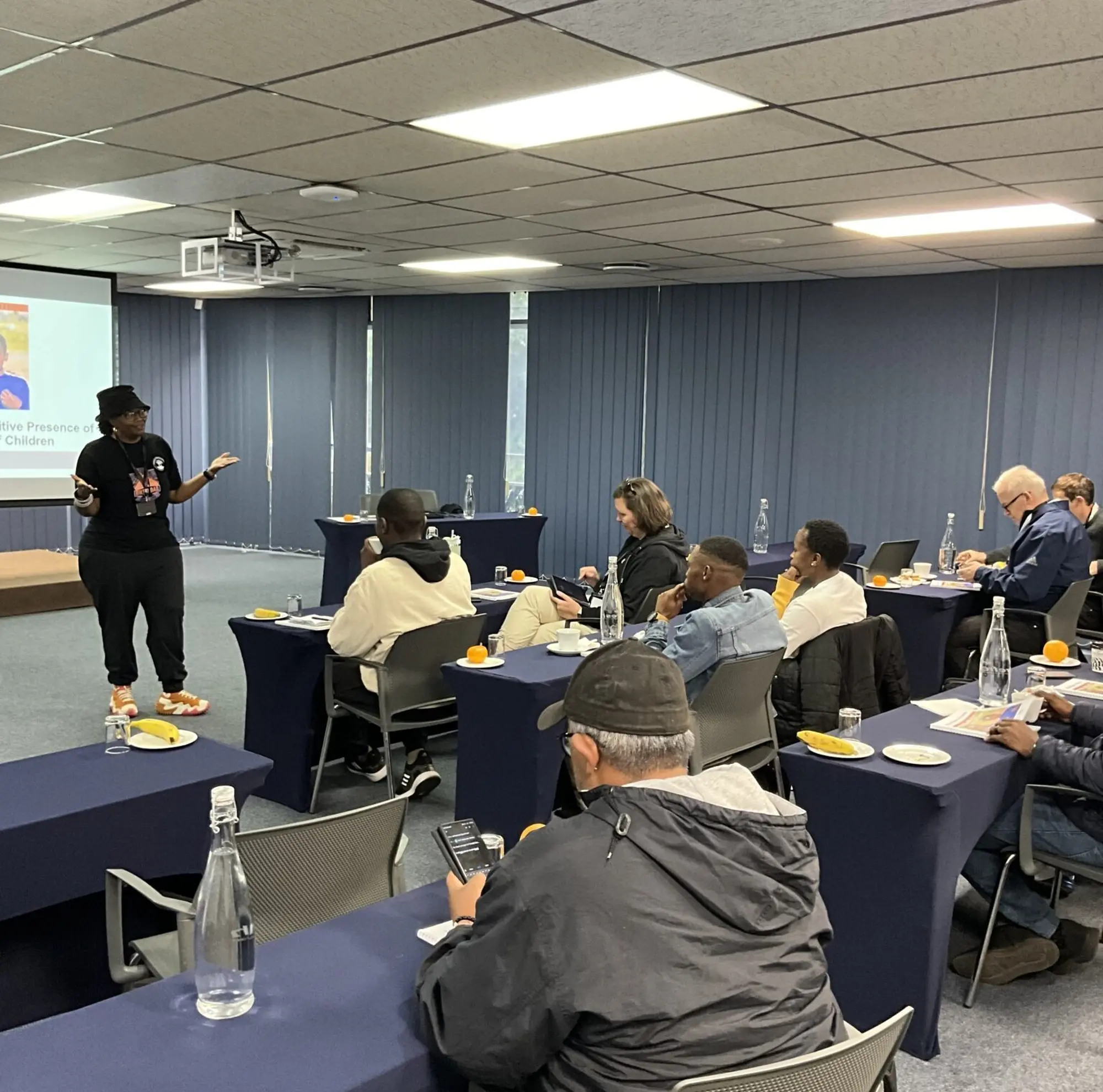
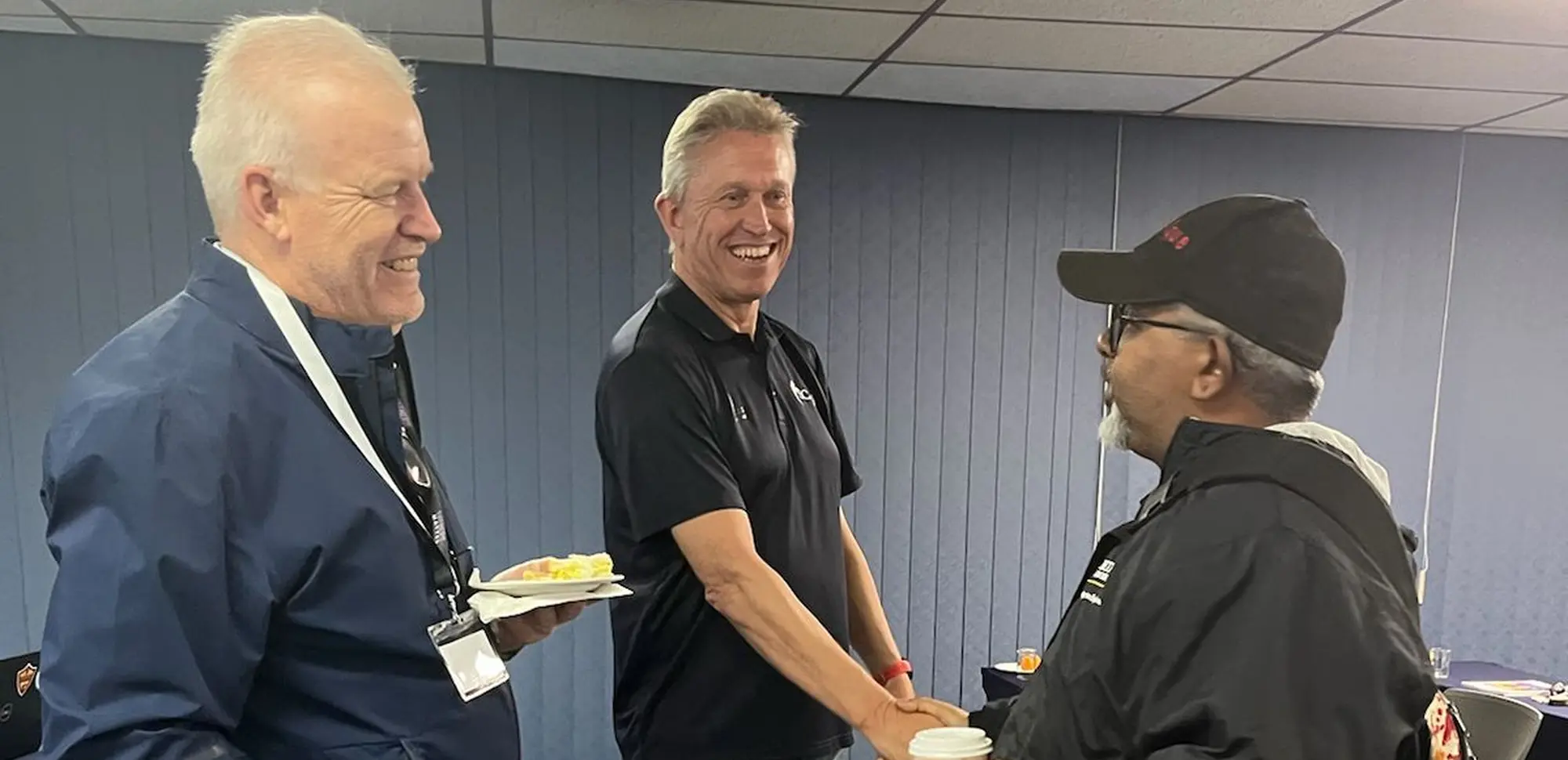
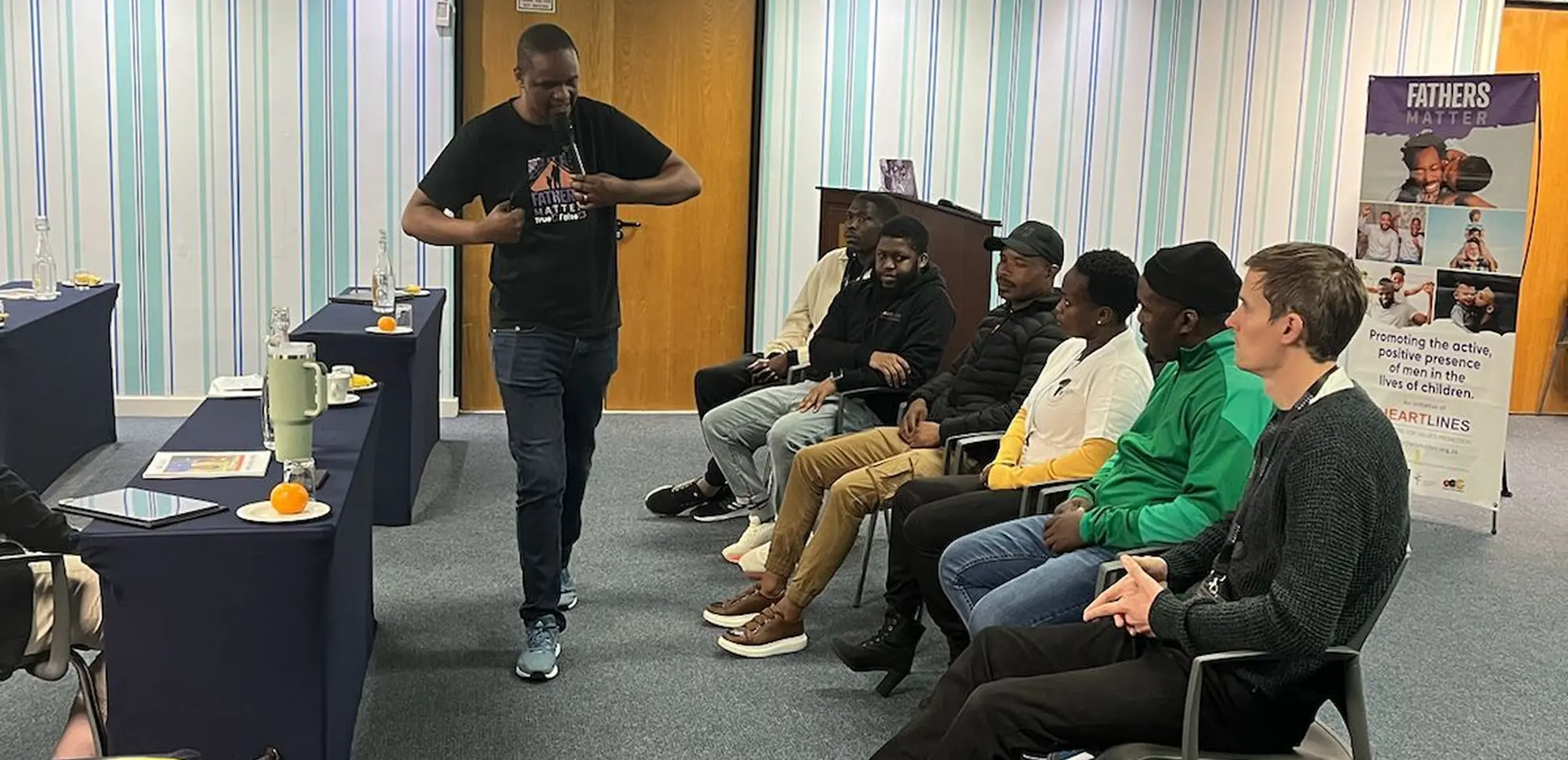

David Nyland
David is a sensitive and intuitive copywriter with experience in marketing and advertising. He has a passion for crafting compelling content that resonates with audiences.
Featured


